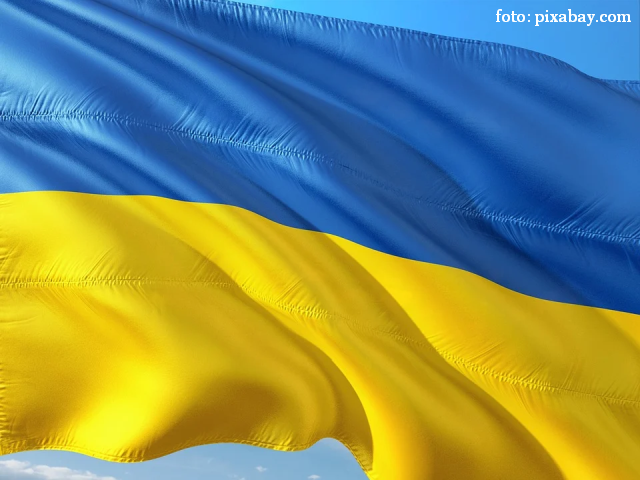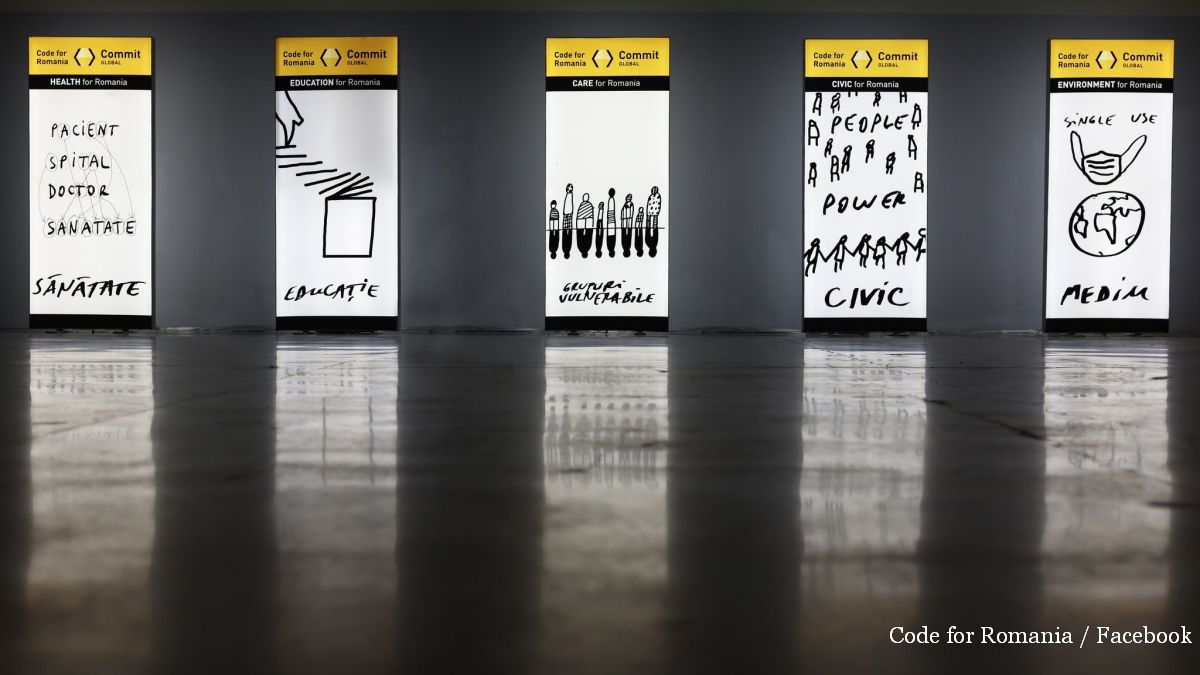The War in Ukraine
War started in Ukraine, but who will it truly impact the most?

Corina Cristea, 04.03.2022, 14:00
“I decided to launch a special military operation!” – the words uttered by the Kremlin leader in the early hours of February 24 opened a new chapter in world history, bringing Ukraine to the fore of global concerns, talks and actions. Aggression, resistance, sanctions and solidarity – these are the words that best describe the reality these days. Footage on the ground has terrified global democracies. Repeated bombings targeted military objectives, the Russian side claims, although civilians were killed by missiles even during peace negotiations, the Ukrainians say. Hundreds of thousands of women and children were forced into exile, leaving areas targeted by relentless attacks. An estimated 7 million Ukrainian refugees may be displaced by the conflict. From the first day of the war, however, Russias attacks were met with a fierce local resistance which Russia never anticipated. Supported by mobilizing calls to action issued by president Volodymyr Zelensky, people took up arms to join the military in fending off the Russians, something which many doubted will be possible at the outbreak of the conflict. What motivated the Kremlins actions? Political analyst Costin Ciobanu told Radio Romania:
“Putin continues to do what he has been virtually doing for the last 22 years, namely to challenge the global security framework and the commitments taken at the end of the Cold War. This liberal world order, established after the dissolution of the Soviet Union, is now being called into question by Vladimir Putins actions. Its hard to image what hes planning, but we can see he is trying to restore the Soviet Union. And its not just these two regions in eastern Ukraine, its about recognizing the sovereignty and existence of a country. He refuses to recognize documents that Russia actually signed. Its hard to explain, but think what a democratic Ukraine could stand for, a country with an economic development similar to Baltic states or countries in Eastern Europe that joined the EU and NATO. A powerful, democratic Ukraine, poses a major threat to a totalitarian regime whose economy is plummeting. Russias economy dropped by 30% after 2014 in terms of GDP per capita. Ukraine therefore poses a threat to an authoritarian leader who uses blunt force to make a statement. At the same time, this is also the legacy of an authoritarian leader who has been in power for the last 22 years, and who is trying to re-establish the Soviet Union, the Russian Empire, to a greater or lesser extent. They come with this narrative about Russia enduring humiliation in the 1990s, now seeking to return to its past glory”.
The Russian invasion, probably the largest-scale attack on a European country since the end of WWII, has deepened Moscows political and economic isolation. “This narrative doesnt make any sense, theres no evidence of a genocide in Donetsk and Luhansk. Its a fabricated story which, right now bears scrutiny only for the public at home, at best. Conversely, the international community is smart and sees beyond Russian propaganda”, political analyst Radu Magdin told Agerpres when the fighting started. The international communitys support for Ukraine was strong, manifesting in the form of sanctions imposed on Russia, mainly economic in nature. Excluding Russian banks from the SWIFT system of payments, additional restrictions imposed on the Russian Central Bank, individual sanctions against Russian oligarchs – these are but a few of the measures that had a powerful impact on Moscow, alongside the closing down of airspace to Russian aircraft, or the decision to use the European Peace Fund to finance military assistance to Ukraine. Consequences are starting to show in the Russian Federation, already impacting the population. Not just Russia and Ukraine will be affected by the war. In an interview to Radio Romania, political expert Petrișor Peiu referred to the possible economic fallout of the war.
“A serious global shortage of raw materials will follow. Both Russia and Ukraine were large producers of raw materials. To give just a clear-cut example: this year wheat prices will go up. Prices in the Black Sea region were basically set by Russian and Ukrainian sales, as their exports exceeded ours. Export values will go up, Romanian producers will tend to export a lot, particularly as big markets such as Egypt and Turkey will report significant shortages. So then, Romania will see significant price hikes. This is just one side of the story. Ukraine and Russia together control 80% of global sunflower sales. Prices for a lot of products will go up, not just in the foodstuffs sector”.
Petrișor Peiu went on to say that Russia and Ukraine are also major manufacturers or steel and rare metals. Russia is the worlds largest diamond producer and the third-largest gold manufacturer, if we factor in the industrial applications of these metals. (VP)





























